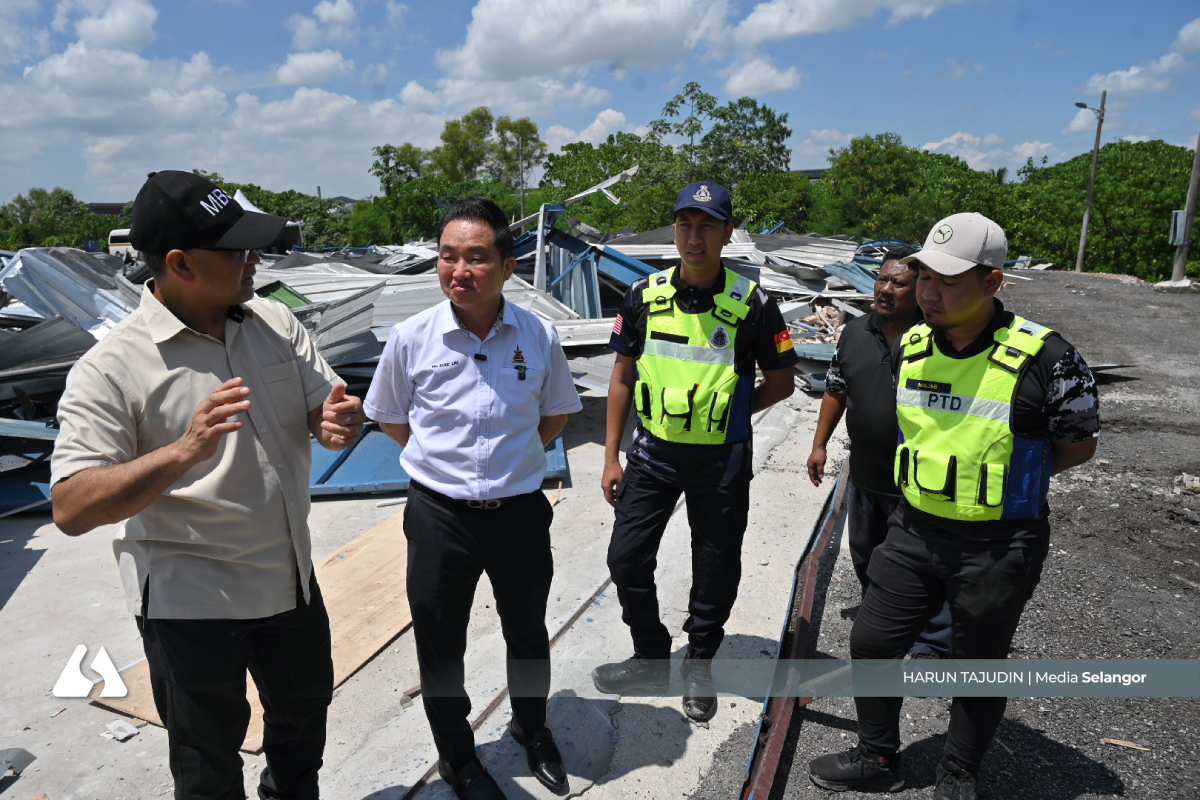SHAH ALAM, Nov 5 — The state government aims to legalise at least 70 per cent of unauthorised factories by 2027 as part of efforts to ensure the industrial sector operates legally, systematically, and safely.
State executive councillor for local government and tourism Dato’ Ng Suee Lim said the legalisation initiative is being carried out through a 'carrot and stick' approach, allowing factory operators to voluntarily come forward to work with District and Land Offices as well as the local authorities to verify their operations.
“I hope more factory owners and operators will meet with the authorities to legalise their premises so that they can run their businesses lawfully,” he told Media Selangor today.
Ng added that two recent enforcement operations on unauthorised factories have achieved their objectives and demonstrated the state government’s firm stance on upholding the law within the industrial sector.
“In nearly 20 years before this, only about 35 per cent of factories were successfully legalised. However, with more structured measures and cooperation among various parties, we are confident of surpassing the 70 per cent target by 2027,” he said.
The councillor noted that the initiative not only enhances legal compliance but also contributes to economic growth and state revenue as more factories transition into legal operations.
Among the incentives offered to operators are a 30 per cent discount on land premiums, development charges, and the Service Improvement Fund.
“However, if operators fail to seize this opportunity within the stipulated period, enforcement actions such as the issuance of Forms 7 and 8A and land confiscation will be implemented,” Ng said.
He reiterated the state government's stance on not compromising with illegal factory operators who encroach on public reserve land.
“The perception that the state government merely issues notices without taking action will disappear once enforcement begins. This measure is not meant to punish, but to restore government and river reserve lands for the public good,” Ng said.




